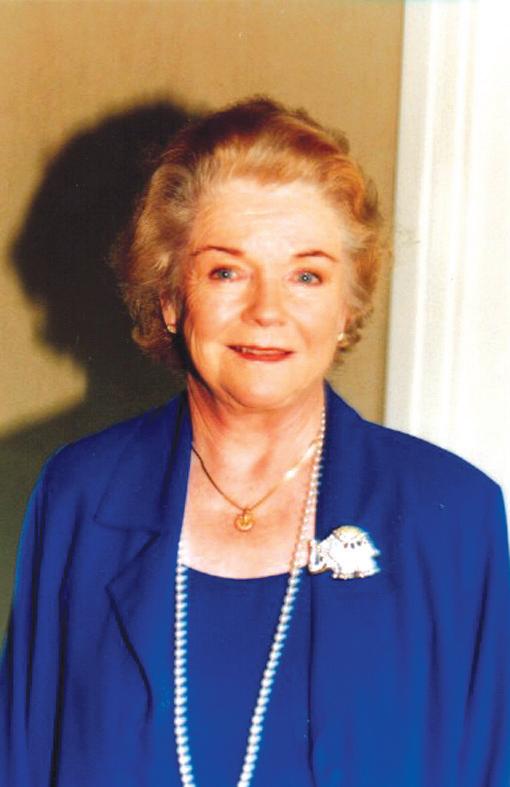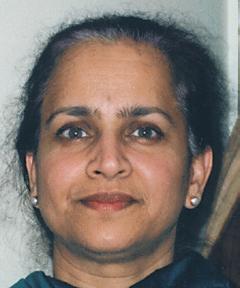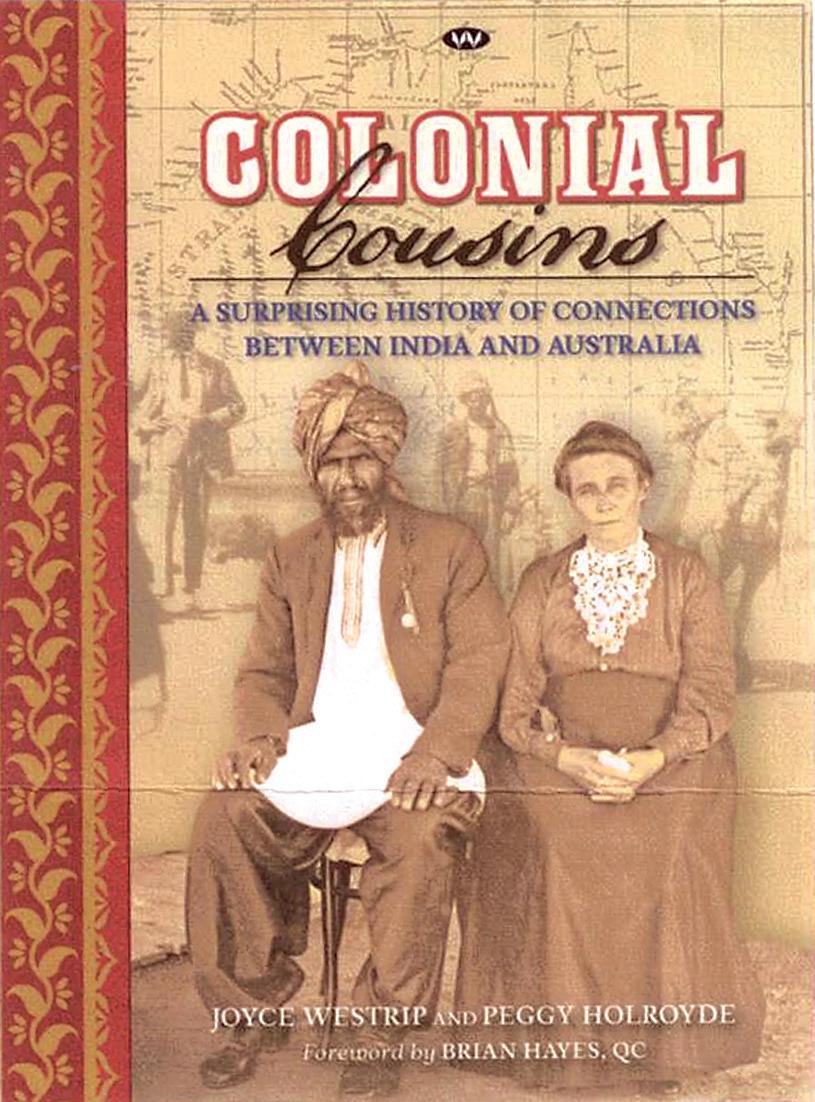
4 minute read
Indo-Aussie links through the ages
from 2010-05 Melbourne
by Indian Link
A new literary offering that explores the relationship between two great nations
BY CHITRA SUDARSHAN
There is regular traffic between Australia and India with politicians and policy makers visiting each other’s countries these days. However, apart from the usual platitudes about cricket and a shared colonial past, there has not been a great deal done to engage with India – especially when compared with East or Southeast Asia, where experts have a strong presence and representation in Australian government and academia. It is partly strategic, and partly trade oriented; but whatever the reason, it will take years for that presence to be replicated by India scholars and experts. Rather sadly, children of first generation Indians and most Indian students here do not seem to have developed that passionate an interest in India to study it, or make a career or life’s work of it. Indian Studies Departments in many Australian universities have languished for want of student numbers and interest; and unlike in the United States, the Indian community here has not come forward and contributed to academia by setting up Chairs in Indian Studies in universities and the like. However, two Australians - both incorrigible Indophiles - have made a beginning: they have written a definitive book on Australia-India links from the dawn of history to the present, called Colonial Cousins: A Surprising History of Connections between India and Australia, (Wakefield Press, Adelaide). The book was launched at the Alexander Theatre, State Library, in Perth on April 17.
That the authors Peggy Holroyde and Joyce Westrip both share such a deep love for India is evident: Peggy Holroyde was described by Khushwant Singh as the most ‘unusual Englishwoman’ he had met. She lived in New Delhi soon after independence in 1947 and has visited India innumerable times.
Smitten by the India bug quite early, she studied Indian religion at Oxford under Dr Radhakrishnan (who later became President of India), and is the author of several books on India such as Indian Music, East Comes West: Social Change Among Asian Families in England and An ABC of Indian Culture.

Joyce Westrip, OAM, was born in southern India in 1929, and moved to England in 1947; she has lived in Perth, Western Australia, since 1955. Fascinated by Indian history and culture since her childhood, she has visited the subcontinent on numerous occasions.
“India keeps drawing me back,” she once noted in the columns of this very newspaper. “When I said once to Indira Gandhi that I am a daughter of India, she looked at me and said ‘But you ran away!’ I replied that I had no choice at the time, but I keep coming back.”
Joyce is not only a collector of rare Indian cookbooks, she has also authored two successful books herself: Moghul Cooking and Fire and Spice: Parsi Cooking and several others on India.
This latest book is a labour of love for both Westrip and Holroyde: it is the first time anyone has recorded such a comprehensive history of the social, business, bureaucratic and other links between India and Australia. They have pored over numerous documents, books, letters; interviewed descendents of several families with dual Australia-India connections, and performed extensive research to produce this work. This book emphasises the shared history of India and Australia, and the links that go back to the time of the Gondwana when they were physically joined, to the affinities of landscape and culture (similarities between some of the tribes of Southern India and Aborigines have been noted by anthropologists, and the terrain of Western Australia and Southern and East India share similarities); to the closer tripartite connections that developed between them under the umbrella of the Raj, as well as anecdotal links from then to the present. What the authors emphasise is that the links between the two countries were deep, varied and quite significant, and there was more knowledge and understanding of each other at the time – but were sort of erased from Australian memory in the twentieth century when White Australia brought those exchanges to a grinding halt. The bonding between them even in the business and entrepreneurial spheres were astounding and are little understood today: the black tailed sheep came to Australia from Bengal; Bengal rum was brought and sold in Botany Bay; horses were bred in Melbourne and shipped off to India; Indian carpenters built stalls for horses et al.
As Peggy Holroyde, now 85, lives in Perth, there is a special Western Australian flavour to the book. One of the most interesting stories (in the chapter “Indians in the Outback”) relates to the Pathans who were first brought to Australia by Landells in 1860 – Landells had himself participated in the first Afghan War. Sadiq Bux, who lives in Perth, is a fourth generation Indian/Pathan/ Afghan whose grandfather Haji Muhammed Bux was a professional Indian letter writer who came to Melbourne as a trader (from Uttara in the Punjab). He later moved to Western Australia, hawked ribbons and lace in Kalgoorlie and the outback, built up money to buy a shop, brought his family down, and then camels, before eventually settling down in Perth.
The chapter titled The Raj Down Under is filled with anecdotes of Indian descendants in Australia, and the final chapter has an interesting segment on the Anglo Indians – 10,000 of whom came to Australia in the years soon after Indian independence. There are innumerable stories that are certain to trigger many such memories in others.
Brian Hayes, QC, National Chairman of the Australia India Business Council, in his foreword to the book, says, “..what emerges through the pages of this book is the authors’ deep understanding and genuine love of India and Australia”. This book is sure to cut a swathe among the cognoscenti in both the countries and communities. That it is timely goes without saying.
Joyce Westrip and Peggy Holroyde, Colonial Cousins: A Surprising History of Connections Between India and Australia, Wakefield Press, 2010, rrp A$39.95











